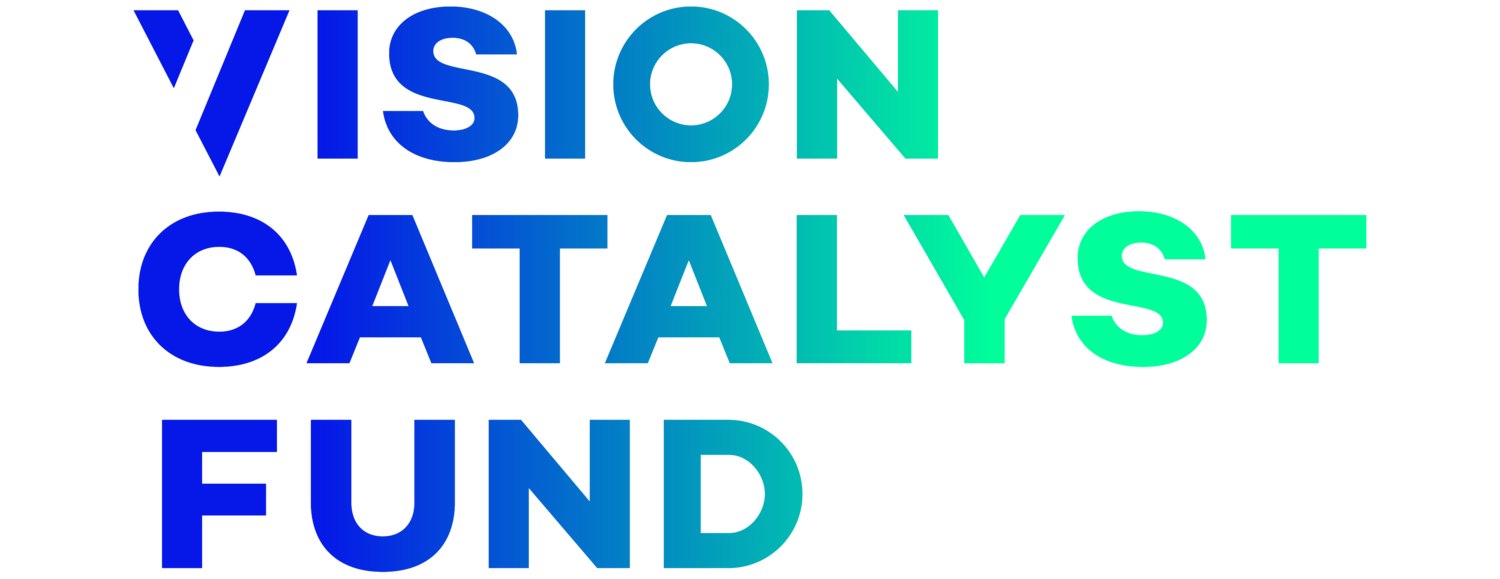Vision for All - South Africa
Clinton Health Access Initiative, the Vision Catalyst Fund and the OneSight EssilorLuxottica Foundation Collaborate to Enhance South Africa’s Eye Care Programme
By Tucker Bbosa, Clinton Health Access Initiative South Africa
In July 2023, the Clinton Health Access Initiative (CHAI) received the first shipment of a donation comprising 20,000 reading glasses and 10,000 pairs of lenses. This was made possible through a partnership with the Vision Catalyst Fund (VCF) and the OneSight EssilorLuxottica Foundation (OSELF). This shipment is the first of four, totalling 100,000 pairs of reading glasses and 205,128 lenses. The glasses and lenses were distributed acrossfour provinces: Gauteng, KwaZulu-Natal, Limpopo, and Mpumalanga, representing 65%of South Africa’s population.
With a population estimated at 60 million, South Africa faces significant challenges with visual impairment, which is the most common disability in the country. It affects 10.3% ofthe population, with uncorrected refractive error (the need for glasses) and cataracts beingthe two leading causes. The public health sector, which serves 85% of the population, struggles with limited budgets, costly and inefficient supply chains, and poor data management systems. As a result, eyeglasses dispensing rates are below 50%, andbacklogs exceed 5,000 people who have been had an eye exam but not yet received glasses.
To improve access, CHAI’s Assistive Technology programme successfully distributed 20,000 pairs of reading glasses and 17,938 lenses based on projected population needs and existing backlogs. After six months, screening and dispensing rates increased across all four provinces, with particularly significant improvements in the lower income provinces of Limpopo and Mpumalanga. Waiting times to receive glasses reduced from 30 to 10 days. The province has also strengthened its eye health care services outreach, including those for school eye health programmes.
Stories of impact
The donation has enabled the government to allocate budget savings towards additional requirements such as frames, bi-focal lenses, and equipment for optical labs. FlorenceRamakuela, the Provincial Eye Health Care Manager from Limpopo province, shared that thedonation of lenses significantly helped them reallocate budgets to procure more frames.
“Thanks to this generous donation, we have been able to reduce the spectacle waiting-list by half, from 13,001 to 7,600.”
Charmain Lekhuleni, the Dispensing Optician in Mpumalanga shared a heart-warming story of a two-year-old who received a pair of glasses through the donation. The children’s mother enthusiastically shared how her children’s confidence has blossomed, particularly in his interactions with other children. She noticed that he plays more energetically and joyfully, forming connections and friendships with ease.
Patient tries on new glasses at Themba Regional Hospital in Mpumalanga Province. Photo courtesy of Clinton Health Access Initiative South Africa.

